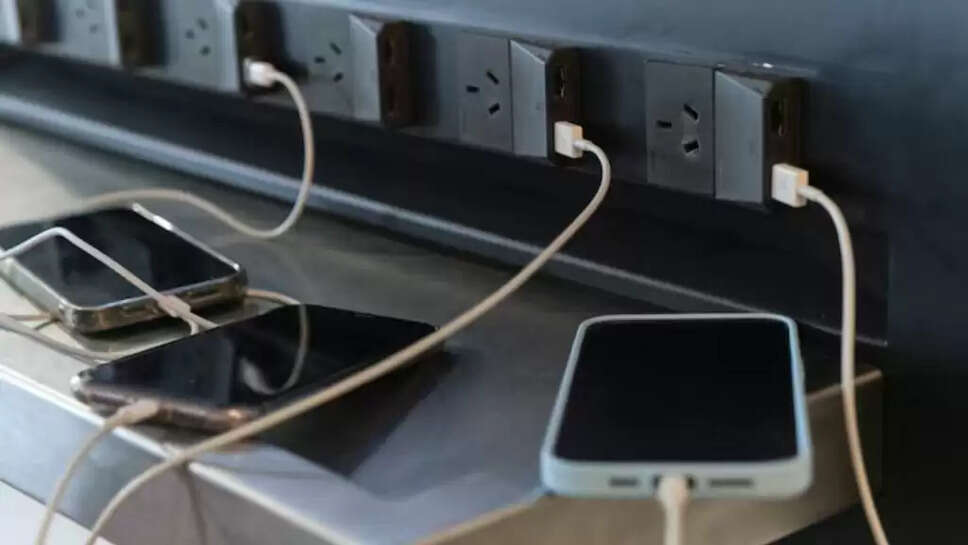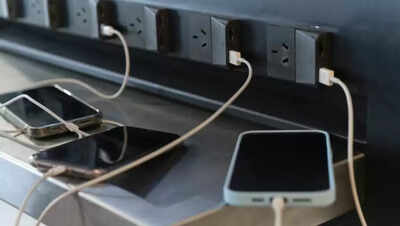If you charge your phone in public, beware of juice jacking! Learn what it is
Kerala police have warned against charging your phone from public USB ports. This cyberattack, called "juice jacking," allows hackers to steal your data or install malware. To avoid this, always use your own charger or power bank.


During a long journey or when the phone battery suddenly runs out, we don't look for where and how to charge it. As soon as we see a plug, we put the phone on charging, right?
But now wait before charging the phone anywhere. Kerala Police has warned that one should be careful while charging the phone in public places.
Police says that you can become a victim of cyber fraud called 'juice jacking'. Police Media Centre has warned to be alert against this fraud, which has been reported many times.
What is juice jacking?
Following the Kerala Police's warning, let's explore what juice jacking is. Juice jacking is a type of cyberattack that uses a public USB charging port to steal data from your phone, tablet, or laptop or install malware.
The term "juice jacking" combines the act of "juicing up" (charging) your phone and "hijacking" it. Public charging stations at places like airports, hotels, and coffee shops often have USB ports.
These USB connectors can transfer both power and data, making it easy for hackers to gain access to your phone. It's worth noting that juice jacking doesn't require any sophisticated techniques. A public USB port or cable is all it takes. Hackers can access your passwords, emails, and financial information.
How to avoid juice jacking?
The easiest way to avoid juice jacking is to use your own charging cable and power adapter instead of using public USB ports. Use a USB data blocker.
Always carry a portable charger on long trips. Use safe charging stations. Regularly update your smartphone's operating system and applications. Disable data transfer when connected to a USB port.
